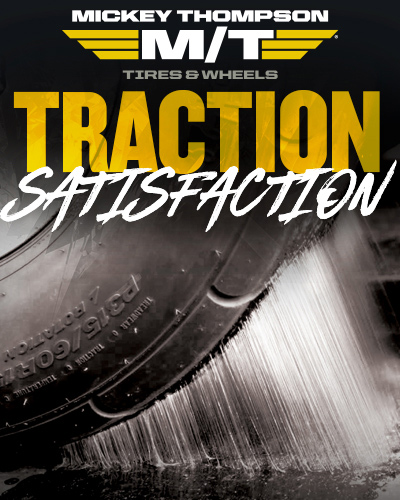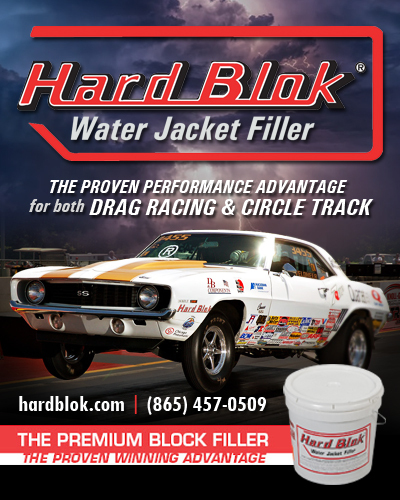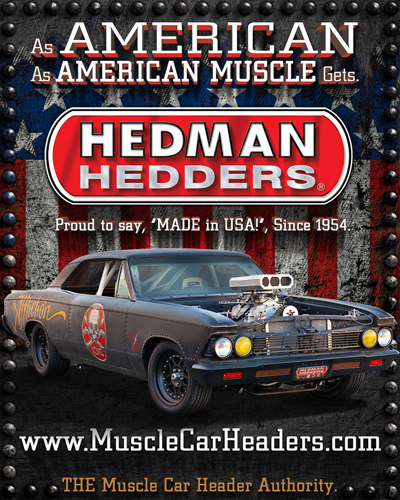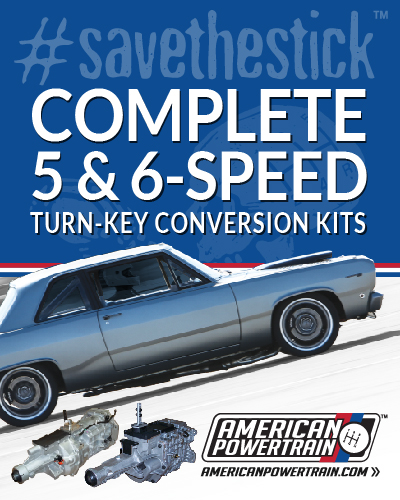DAVE DENSMORE SPEAKS (COMMENTARY): DON'T LET PARANOIA DESTROY YOU

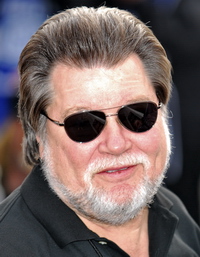
Contrary to the dictates of conventional wisdom, I believe that paranoia is contagious, just like the flu. I suspect this because there was a time when I didn’t have it – but now I do. Mine, I’ve decided, is the result of years of exposure to the most potent natural source of the paranoia virus: John Force.
The 16-time Champ never has given an interview after which he hasn’t expressed concerns that he might have offended someone. I call it “interview remorse,” the day after need to call everyone in your phonebook and apologize. The problem is that while he is paranoid about offending fellow racers, the NHRA, fans, sponsors, vendors, the occasional midget (i.e., ‘little person” for the PC-sensitive), he just can’t stop talking.
I mention this only because I now see some of these tendencies in myself.
The fact is, I’m beginning to see conspiracies all around me. I’m sure, for instance, that there is a mole in my inner circle who regularly informs the High Sheriffs of my plans to go all spider monkey on them in forums just like this one.
I believe this because today I had planned to use this space to launch a scathing condemnation of the NHRA’s system of penalties relating to engine explosions and oil downs and yet, before I could do so, Peter Clifford addressed the issue outright starting with capping the penalties at $3,000 per offense.
Hopefully, that move didn’t come too late for Terry McMillen, one of the good guys in this sport whose recent mechanical problems have cost him dearly both in fines and in a trailer load of broken parts and pieces. All this guy wants to do is race. It’s not like he’s actively trying to oil down the track.
It’s a fine line on which the NHRA is trying to balance itself. On the one hand, it wants to limit the amount of down time in advance of next year’s expanded live TV coverage on Fox Sports 1. At the same time, it doesn’t want to chase away racers like McMillen in an era in which race car numbers in every professional category are at an all-time low.
There is no immediately obvious solution. The fact is, ours is a sport that was built on a “push the limits” mentality and when one pushes the limits, the reality is that stuff is going to break.
Nevertheless, there is something inherently wrong when the racer is asked to push the limits and then is fined when something goes wrong. So, while the NHRA announced a relaxation of the extremes in the fining process, it left the basic element in place with a $1,000 fine for the first offense, $2,000 for the second and $3,000 for each offense thereafter.
One can only hope that those accumulative fines, past, present and future, would be used to help craft a solution like hiring more bodies to assist in and thereby speed up the cleanup operation.
That nothwithstanding, Clifford has taken almost all the other steps possible at this time to try and get in front of an issue that ultimately could be a deal breaker for the sport as a whole.
He has announced that the NHRA Safety Safari has implemented new techniques and procedures to speed up the cleanup process. That’s good. He also announced that the NHRA Tech Department will share information and work with the pro racers and manufacturers to find better technical solutions. That’s better.
The idea of open communication and cooperation, specifically of sharing information, is not a new one. However, it is not one that has had a lot of traction in Glendora. Since the late Jim Tice founded the American Hot Rod Association with the support of a large number of NHRA pro racers, the sport’s premier sanctioning organization has been hesitant to work too closely with its constituency.
In fact, for the last 40 years, at least, the relationship between racer and sanctioning body has been more adversarial than advantageous.
These new Clifford initiatives could signal the beginning of a new era. If so, I can only say “about time.” With the sport assailed from all sides, those of us who have a vested interest in its future need to circle the wagons. More than ever, there is a need for all of us to pull together instead of pulling apart.
In a perfect world, one could envision the sport’s brightest minds working on a collaborative solution to a seemingly unsolvable problem, kind of like the team does every week on the CBS-TV drama “Scorpion.”
What we really need is our own Scorpion team and, as a bonus, it would be nice if we could compel it to work with the same speed and efficiency of the imaginary one because it’s no great revelation that Fox coverage in which the jet dryer, the tractors and the scrubbers get more air time than the race cars will not be a good thing for any of us.
And that’s not the paranoia talking.






















